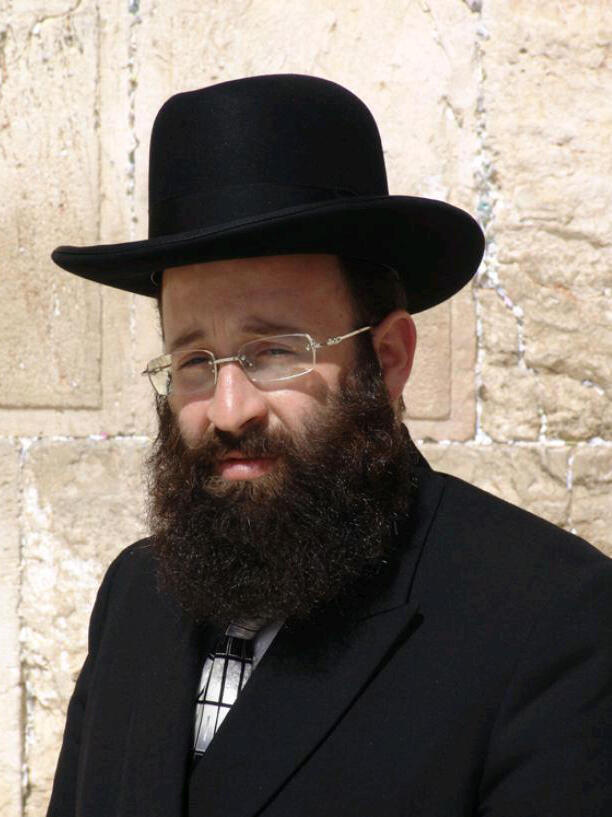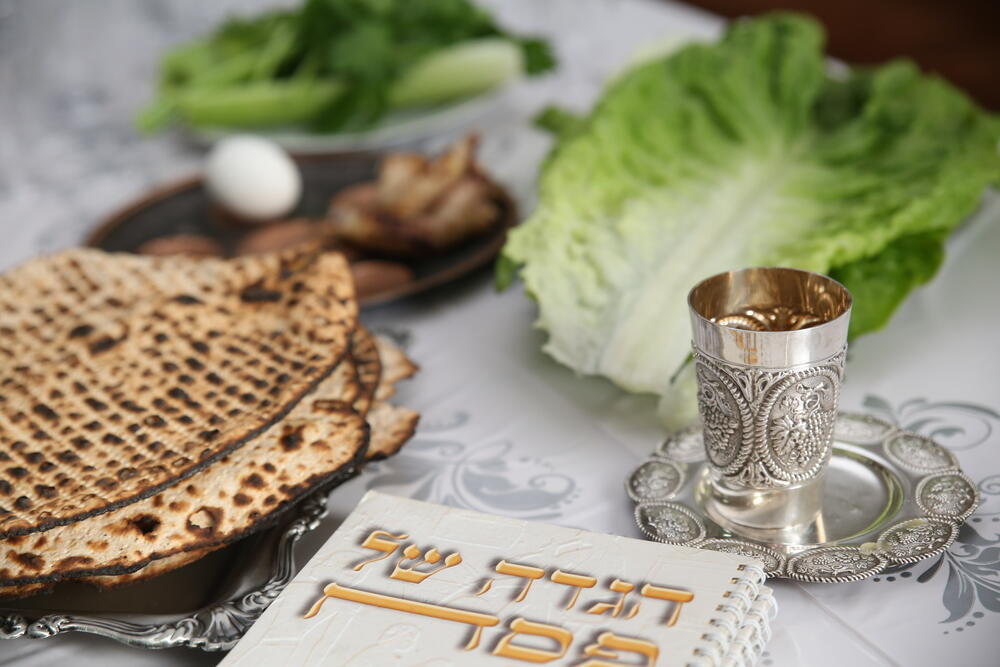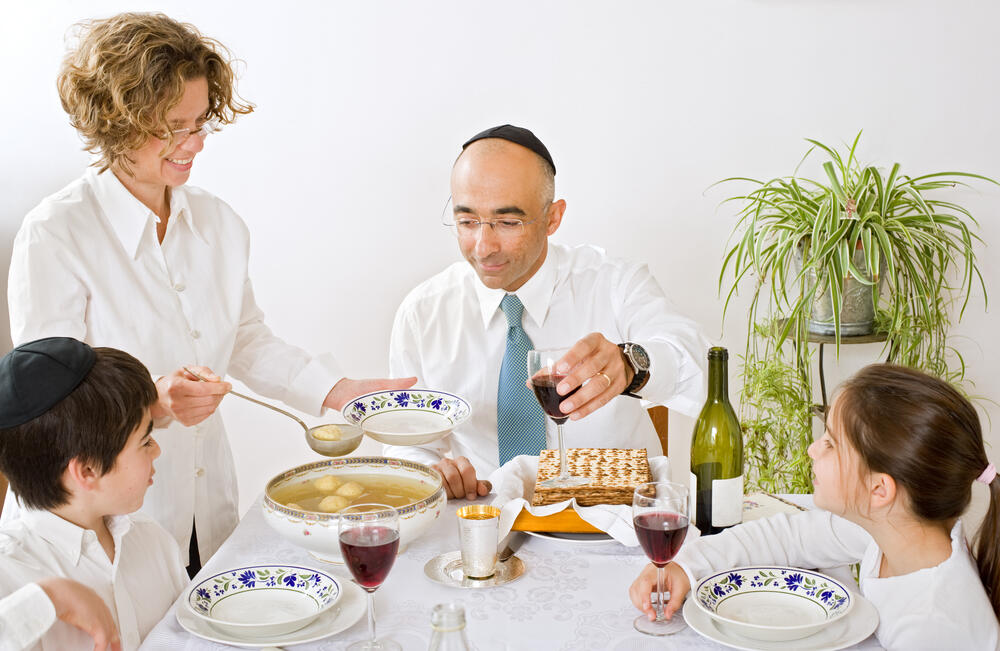The Passover Haggadah tells us that the Torah spoke about four sons: wise, wicked, innocent, and he who does not know how to ask.
Related stories:
Each of them has a different approach to the Seder night. One seeks to learn, the other to ridicule, the third is puzzled, and the fourth cannot even ask a question.
The description is sweeping and evokes empathy and even a smile, but it seems that the writer of the Haggadah leaves us in a fog - which of the four sons is the most important character in the story? Is it the wise son, whom the Haggadah seeks to position as an example for generations? Is it the evil son and the threat he infers in his questions? Or perhaps it is precisely he who does not know how to ask, who in his silence poses the greatest challenge?
Countless Haggadot painted the characters of the four sons in different ways, creating different interpretations of their characters, but the truth is that the real heroes of the parable of the four sons are not the boys, but the one whose presence in the story seems to be taken for granted – their parents.
Although the parents are required to give each of the sons an appropriate answer to their questions, sometimes even a difficult one, much earlier they were the ones who managed to set the table and seat their four sons around it. They sit in the center of the table, leading that symbolic Seder night that the four boys participate in.
The wise, the evil, the innocent, and the one who does not know how to ask are part of the Seder night. Everyone participates, is welcome, and loved around the table. The Haggadah even instructs us to answer the evil son. Not, G-d forbid, instructing us to avoid inviting him to sit at the table.
This, then, is the deep secret of the story of the four sons – its very existence. The very fact that four boys who are so different from each other sit together around the table, and the determined decision not to give up on any of them at any price, to listen wholeheartedly to the voice of each of them. To be a people.
The story of the four boys is repeated again and again in history, and we know how misleading it can seem.
How many times have we discovered that the wise son is not really smart? How many times have we learned (sometimes too late) that the evil son does not act from wickedness but rather from a desire for closeness?
 Rabbi Shmuel Rabinowitz
Rabbi Shmuel RabinowitzCommentators have interpreted the words, "For not only one has risen up against us to destroy us,": when we did not know how to be "only one," when we forgot the secret of the unity of the four sons around the Seder table, then our enemies have “risen up against us to destroy us."
This Passover, 5783, we must remember more than ever – if we all learn to sit around one table, if we know how to lovingly accept the four sons around the Seder table, then we will be a nation.
The Torah spoke about four sons, no less.
Rabbi Shmuel Rabinowitz is the rabbi of the Western Wall and the holy sites in Jerusalem




